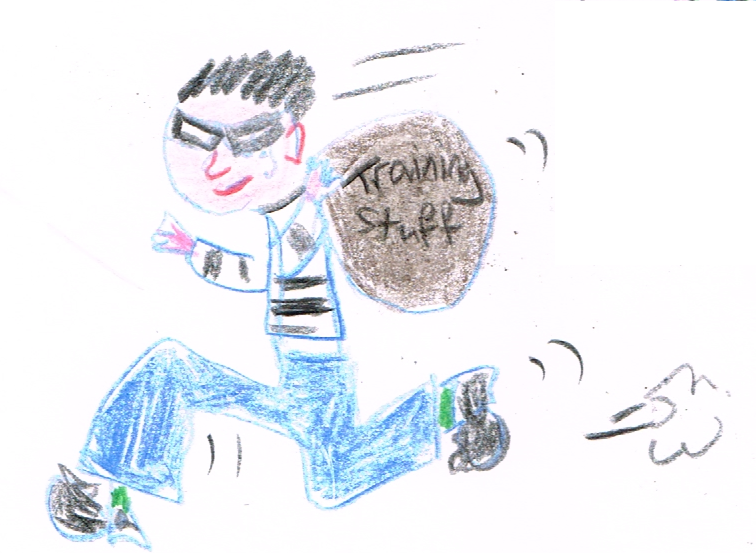13 ideas for protecting yourself from being ripped off
Someone posted in a Facebook group recently that he thinks he's been ripped off. He was pretty sure that someone who had attended a training course of his had taken his materials and then run the training in their school. So, what can you do to lessen the chance of something like this happening to you?
Here are my thoughts on the matter. Please bear in mind these are my personal opinions, and I'm not giving advice, legal or otherwise. But I hope you find the points worth thinking about.
The full article was originally published in my newsletter, Digital Education. If you don't wish to wait for this full series to to run, sign up using the form below or, if it does not appear (it's a timed pop-up) click here. Answer the email to confirm your wish to subscribe, and read the edition of 20th July 2017.
Use watermarks
You can watermark your materials. I don't do that because it makes them harder to read. An alternative, though, is to include screenshots that include your name.
This came in handy for me once. I was browsing the computer magazines in a newsagent when I spotted a shortened version of an article of mine in a magazine I'd had no dealings with (I'd had the full article published in a sister magazine.). I contacted the editor and he said it was similar to my article but that it hadn't been submitted by me. I asked him he could account for the accompanying screenshots which clearly included my name. It turned out that the publication of the new article was 'an oversight', and they paid me a further fee.
Tomorrow: something you can do to make it (marginally) more difficult to edit your materials.

